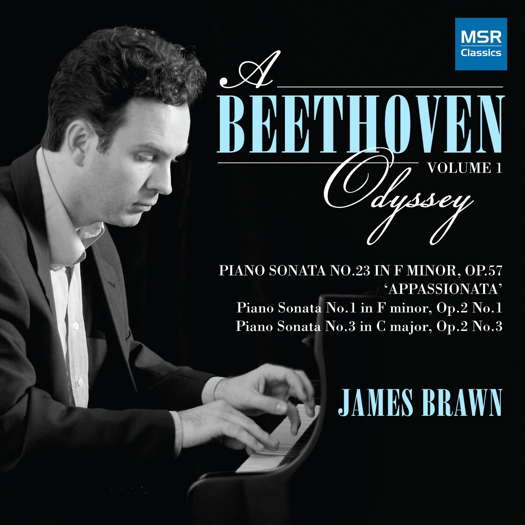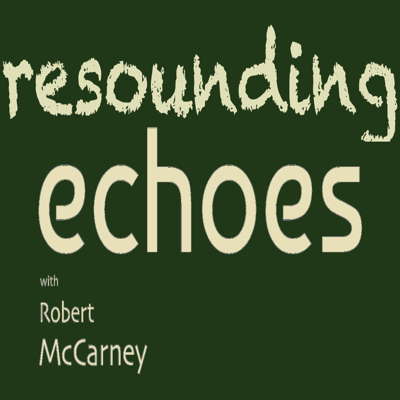- Max Herrmann
- Mary Mogil
- Tess Crebbin
- Joaquín Turina Pérez
- Ann Murray
- Lloyd's Choir
- Hôpital Albert Schweitzer
- Morgan Pearse
George Dyson
English composer and organist George Dyson was born in Halifax on 28 May 1883, the son of a blacksmith. At the Royal College of Music in London he studied with Charles Stanford, won the Mendelssohn Scholarship (1904) and was able to live in Italy and Germany for four years. During World War I he served with the Royal Fusiliers and then (after action in the trenches and recovery from shell shock) worked with military bands in the Royal Air Force. After the war, he worked as a music teacher (at Rugby, Wellington and Winchester) for thirty years, and then became director of the Royal College of Music in 1937.
His works include a G major symphony (1937), a violin concerto, the choral works In Honour of the City, The Canterbury Pilgrims and Quo vadis, and music for the liturgy of the Church of England, including morning and evening canticles in D and F.
Dyson died in Winchester on 28 September 1964. In 1998 the Sir George Dyson Trust was established, with the composer's daughter, Alice Dyson, as chairman.
A selection of articles about George Dyson
Ensemble. Remarkable Assurance - Mike Wheeler savours an Anglo-American programme from the Sitwell Singers
CD Spotlight. A Truly Memorable Issue - Gerald Fenech listens to orchestral anthems by several English composers. '... not only powerful but joyously uplifting.'
Vividly Projected - Mike Wheeler listens to J S Bach, Gustav Holst, George Dyson, David Bednall, Edward Bairstow, César Franck, Purcell Mansfield, Judith Weir and Marcel Dupré, played by organist Sachin Gunga
Ensemble. The Finest of Them All - The 2012 Hereford Three Choirs Festival, reviewed by Roderic Dunnett
CD Spotlight. Divine Service - George Dyson's 'The Canterbury Pilgrims', admired by Robert Anderson. '... suitably exciting.'
One of the most modest of men - British composer Leonard Salzedo died on 6 May



